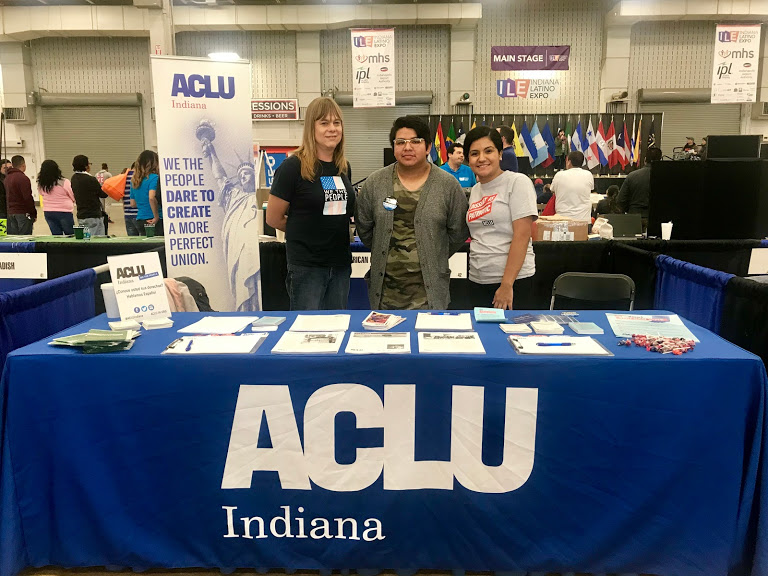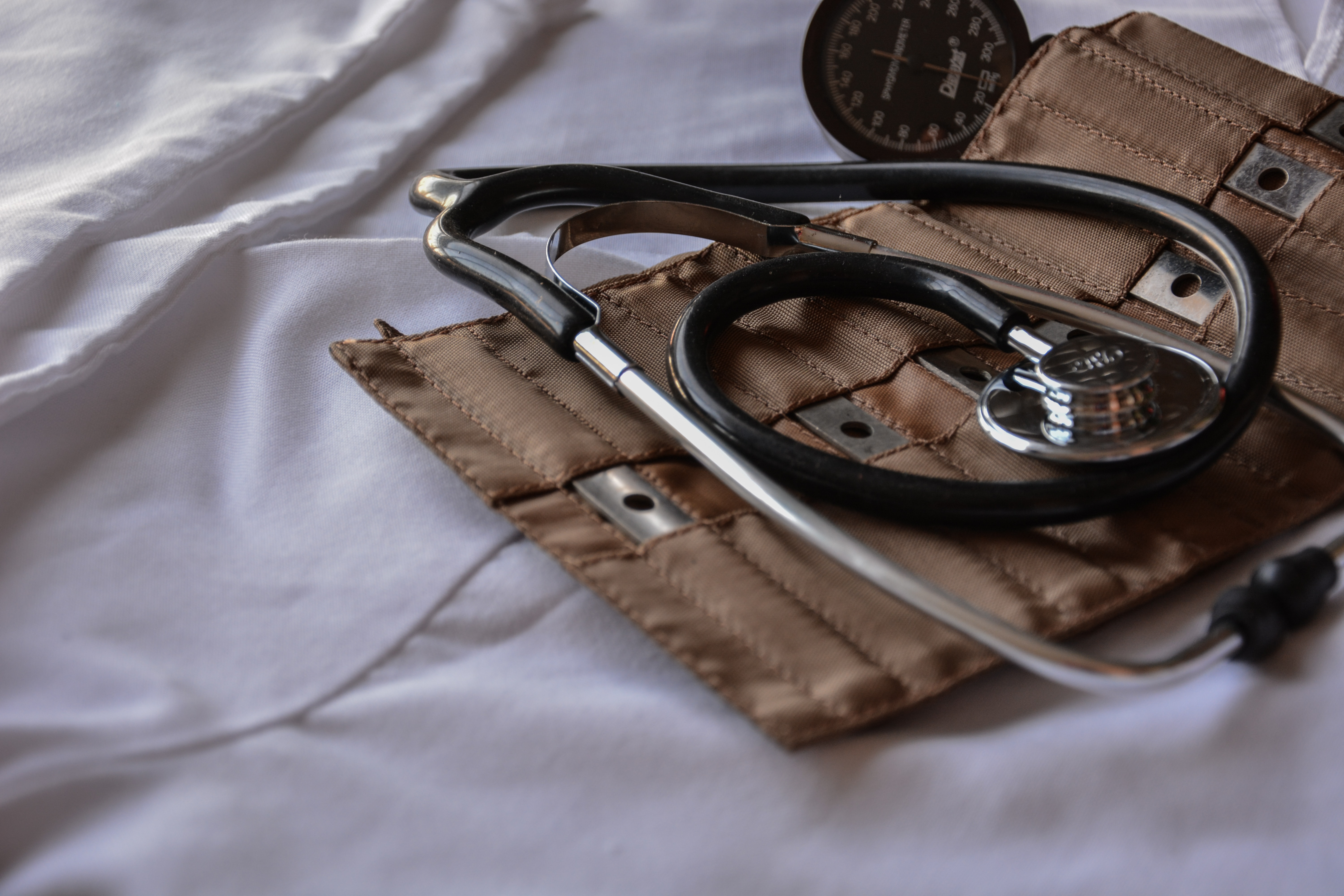Between September 15 and October 15, we celebrate the culture and independence days of various Latin American countries. Hispanic Heritage Month is recognized and celebrated in all kinds of ways, some of which can lead to tokenism and lack of awareness of issues facing the Latinx community. As a proud daughter of Nicaraguan immigrants, I see the month as a time to reflect and celebrate the resiliency within our community.
Our culture has long been seen as “too foreign” to belong in the United States, which leads to the “ni de aqui/ni de alla / not from here/not from there” identity struggle that many immigrants and first-generation Americans confront. This identity struggle is reinforced by the lack of our historical representation in school curriculum, despite the success of Latinx civil rights leaders. The lack of representation in our education system, media and politics can deeply affect our sense of belonging and identity within our communities.
Hispanic Heritage Month is a perfect time to recognize our untold and untaught history and embrace our identities of being “de aqui Y de alla / from here AND from there.” It is a time to reflect on the progress we have made towards fighting against deeply rooted discrimination and racism. It is also a time to recognize the work ahead to address issues facing Latinx communities such as criminal justice system reform, immigration policies, and much more. All in all, Hispanic Heritage Month is a time to strengthen our sense of belonging and build community with friends, family, neighbors and fellow Hoosiers.
The ACLU of Indiana will participate in two community events to celebrate Hispanic Heritage Month. On Saturday, September 14, we will join La Plaza for the 38th Annual Fiesta Indianapolis on Georgia Street from Noon – 6PM. Over 15,000 Hoosiers join the FIESTA celebration every year, where they enjoy a full day of music, dancing, food, children’s activities, a health and wellness fair, and community service booths. Also on October 11-12, the Indiana Latino Expo will host more than 200 exhibitors to connect attendees with businesses, services, and community resources at the Indiana State Fairgrounds. Both events are free and open to the public.
I hope you will join us in celebrating the month by attending community events or by contributing to our community partners that support Hoosier Latinx communities including the Indiana Undocumented Youth Alliance, La Plaza and Indiana Latino Expo. In a time when our community consistently faces more and more injustices, it is my hope that we continue to organize, build more resiliency and fight back, by being engaged and at the table—and if there is no space, we’ll bring our own chair.
Date
Thursday, September 5, 2019 - 11:30amFeatured image

